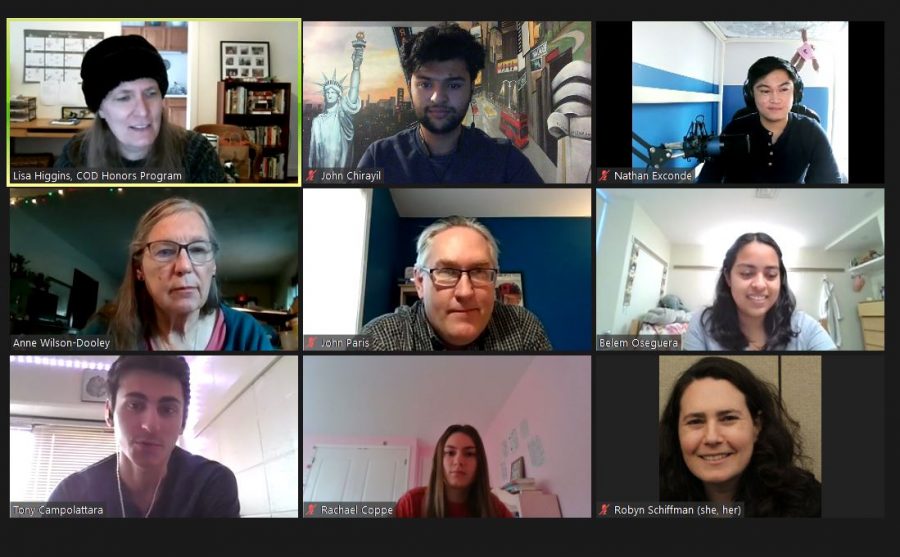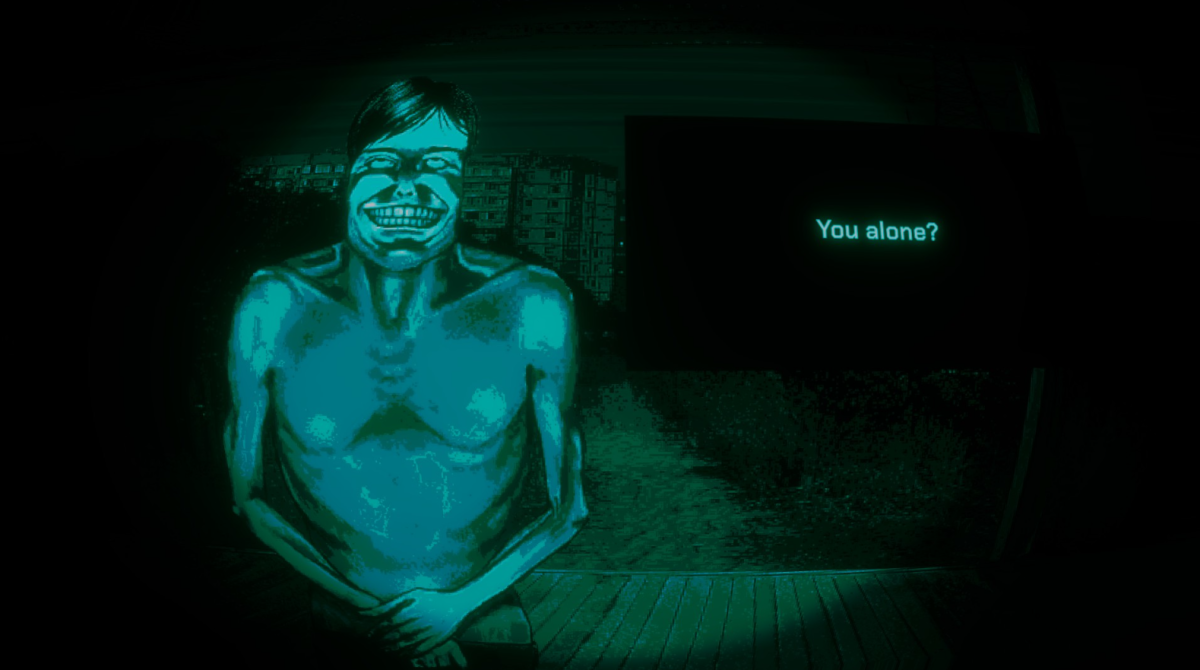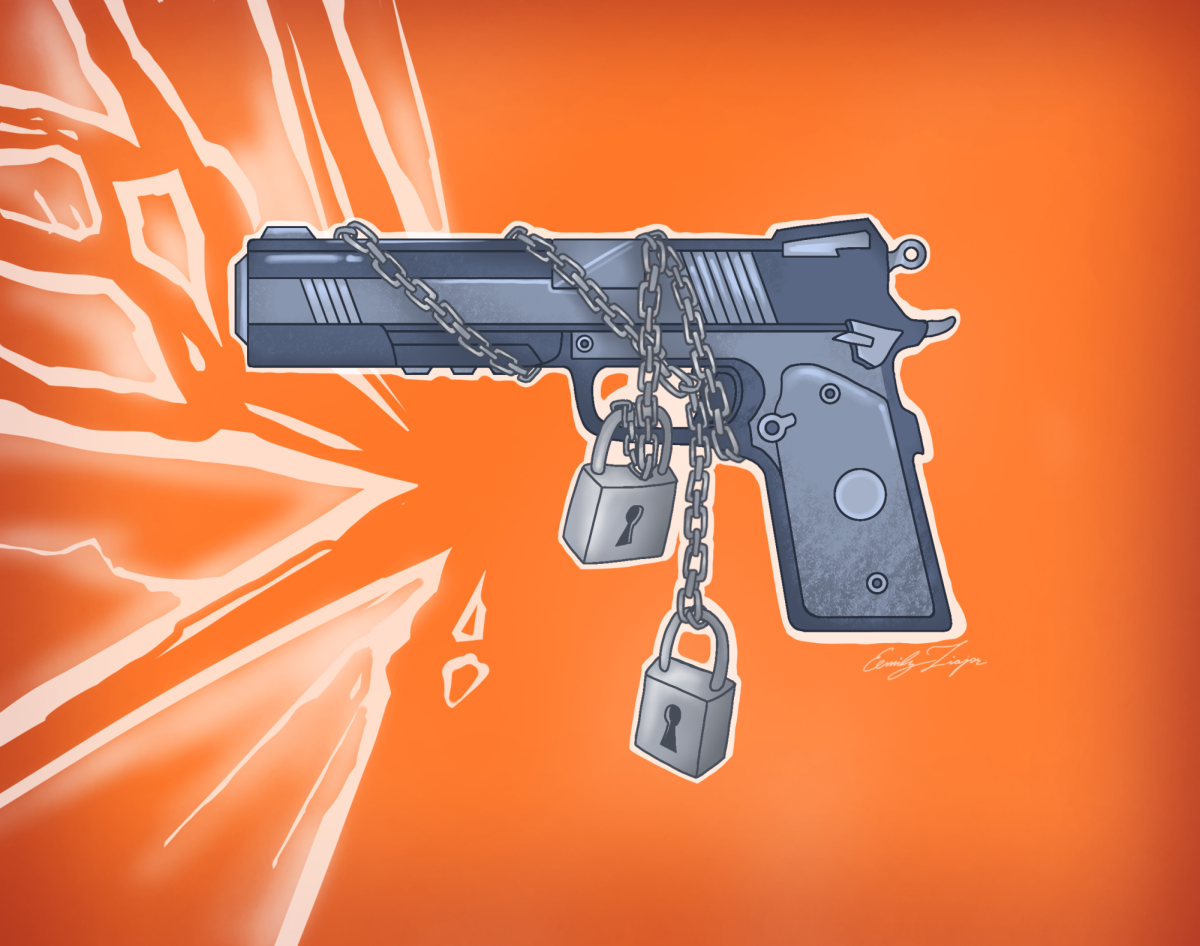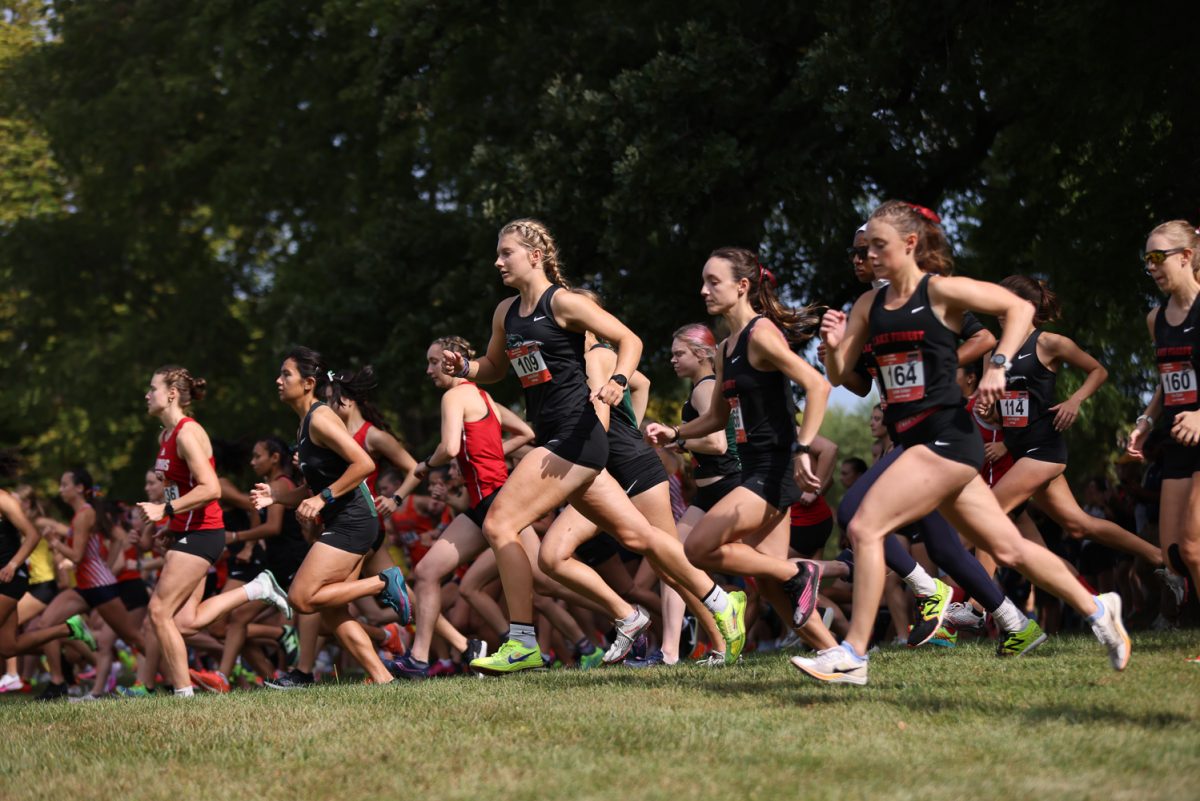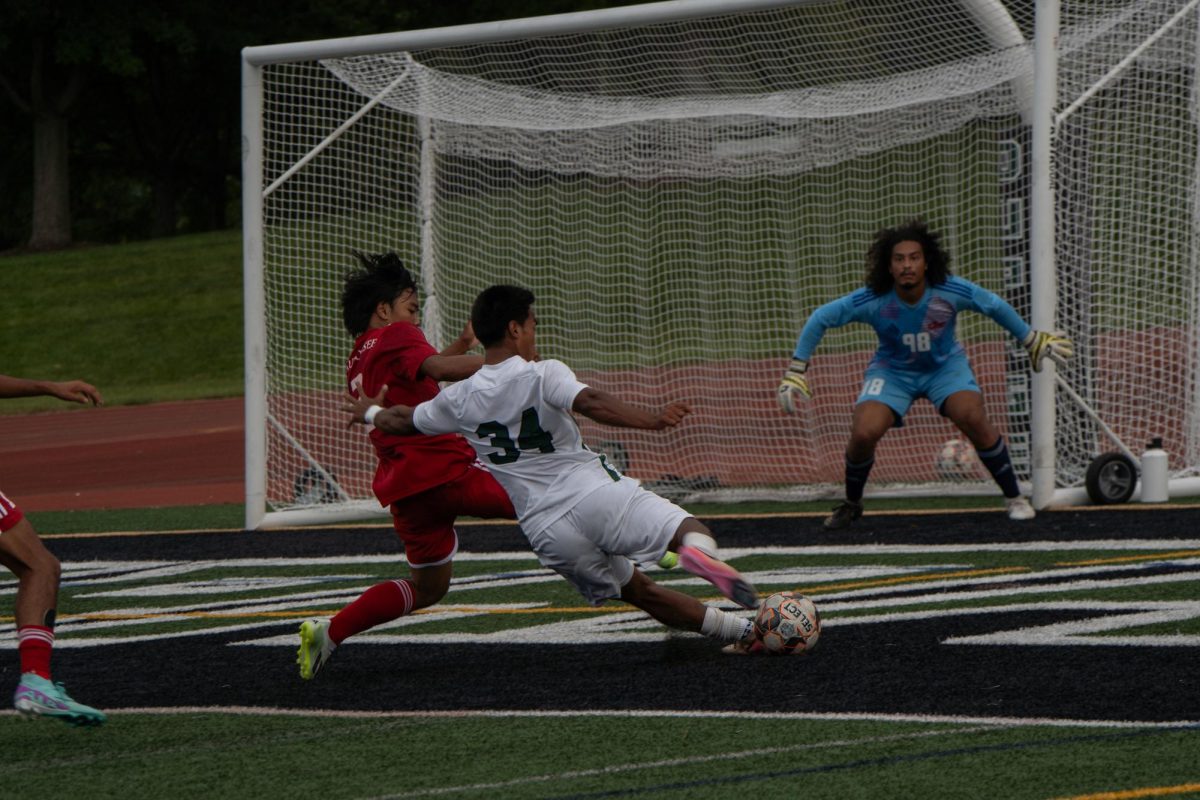Opinion: The Controversy on The Absolutely True Diary of a Part-Time Indian
A discussion on whether schools should read this book, despite its offensive content.
Zoom Discussion on the Book
December 6, 2021
The Absolutely True Diary of a Part-Time Indian is a famous novel written by Sherman Alexie, a Spokane-Coeur d’Alene-Native American novelist. It is a New York Times bestseller and won the National Book Award for Young People’s Literature in 2007. I first read this book back in my freshman year of high school, and I still love it to this day. The contents really stood out to me with both its comedic and emotional moments, and I felt like I really relate myself to how the protagonist feels in his inside-world. So, what is this book about?
The book is a semi-autobiography based on events that took place throughout Alexie’s life. Since Alexie wanted to pursue being a young adult editor, he decided to use the book as a basis for his first young adult novel. The book stars a high-school freshman named Arnold Spirit, Jr. (otherwise known as Junior). Junior comes from a Native-Spokane background and attends a school with other students with a similar heritage. However, Junior always gets bullied because of his disabilities. He transfers to Reardan High, an all-white school. Junior happens to get along with the Reardan students and manages to make the varsity basketball team. Beyond school life, Junior also goes through some family struggles. His grandmother passes away from being hit by a drunk driver, and his sister passes away in a trailer fire. However, these struggles don’t stop Junior from pursuing a brighter future.
I’m sure many students have read this book for a high school English project; even I have. It’s amazing to see the book’s lasting popularity and how it connects with other Native-American cultures. I believe what made this book popular is it contains a character who’s very relatable to those who feel alienated. He is determined to pursue a bright future because of all the struggles he has been through. The book also contains illustrations portraying Junior’s struggles in a comedic way.
I recently joined a Zoom meeting to talk about Alexie’s novel with other College of DuPage students, and we happen to share similar thoughts on the story. We discussed how Junior represents someone who feels motivated to pursue their dreams and doesn’t let their struggles hold them back. What I loved about this book is that Junior uses his struggles to help him see the world outside his Spokane tribe. He would take the time to realize that he didn’t need to be like anyone else to be successful. Moreover, we’ve also discussed how someone would view the book as offensive, without even understanding the meaning behind it.
Of course, not everyone has the same perspective on the book. Many schools have found this book offensive (it contains sexual themes, foul language, and racial stereotypes) and decided to ban it. Because of the banning, a Wall Street Journalist, Meghan Cox Gurdon, wrote, “If books show us the world, teen fiction can be like a hall of fun-house mirrors, constantly reflecting back hideously distorted portrayals of what life is.”
In Gurdon’s perspective, it seems she’s viewing the book too negatively without even realizing what it’s capable of. She seems to be unaware that the brutality portrayed in the book is the reality for some kids who have a life similar to Junior’s. Eventually, Alexie responds to Gurdon’s statement, in the Wall Street Journal, saying that his novel has inspired students from Seattle alternative high school. These students have been through similar events to those that Junior experiences in the book. Even Alexie himself has personal struggles with addiction and mental illness.
I agree with what Alexie said about how his novel has inspired people, and I really enjoyed Junior’s story because it stood out to me with its emotions, comedy, and illustrations. The Absolutely True Diary isn’t like any other novel I read back in high school. Normally, I don’t enjoy reading any novel for my English classes, but this book was different. The story was relatable, and I think the protagonist presents a good example of determination and motivation from past struggles.
Honestly, I think it’s normal for young-adult books to contain explicit content because it’s like watching a PG-13-rated movie. Otherwise, how come movies don’t face the same criticism that Alexie’s novel did? If you would like to see the perspective of someone who feels alienated and has gone through a lot of tragic struggles and uses those feelings as motivation for a successful future, then I believe you’ll find The Absolutely True Diary of a Part-Time Indian an enjoyable adventure.


